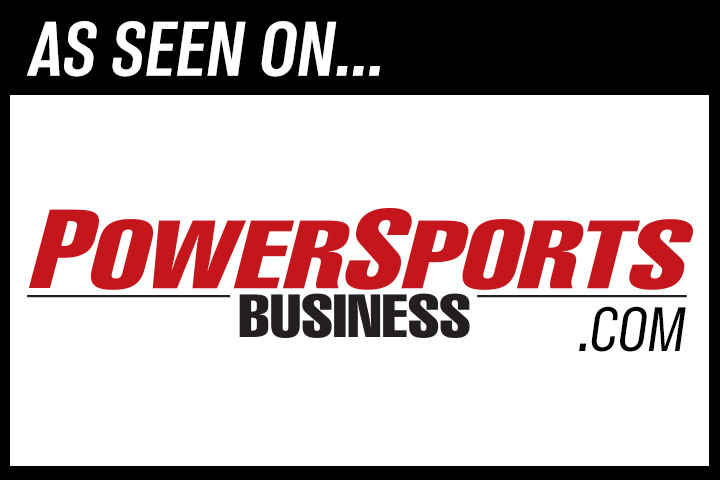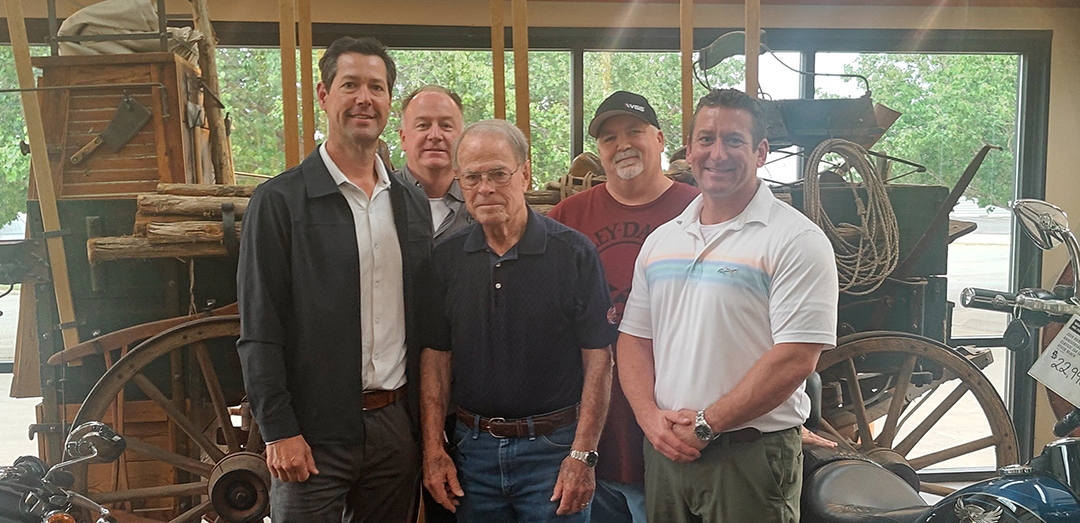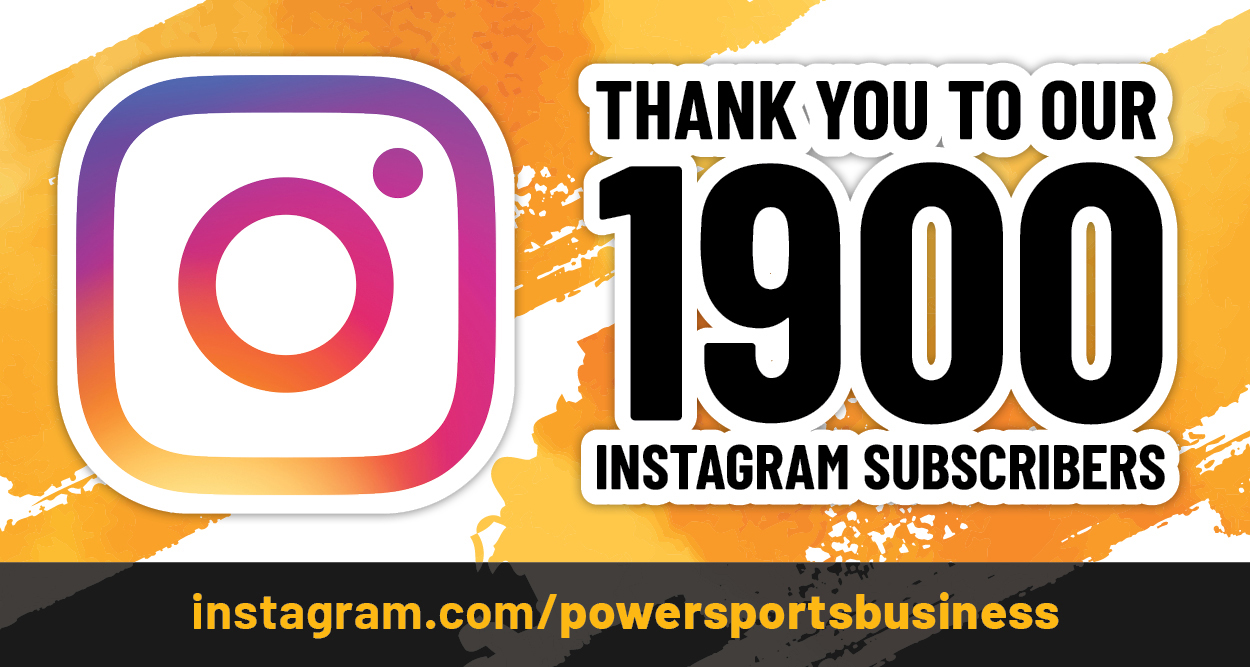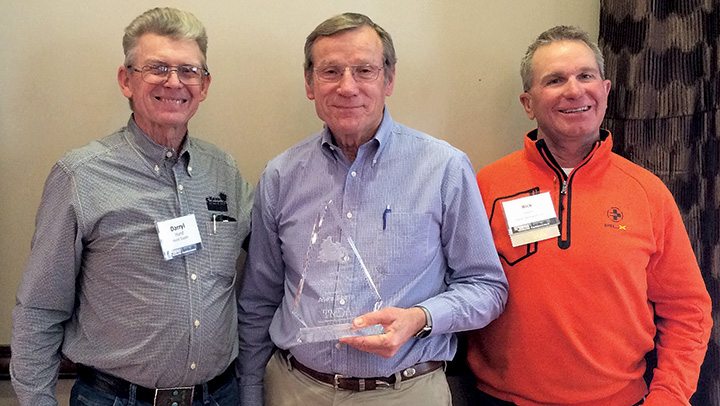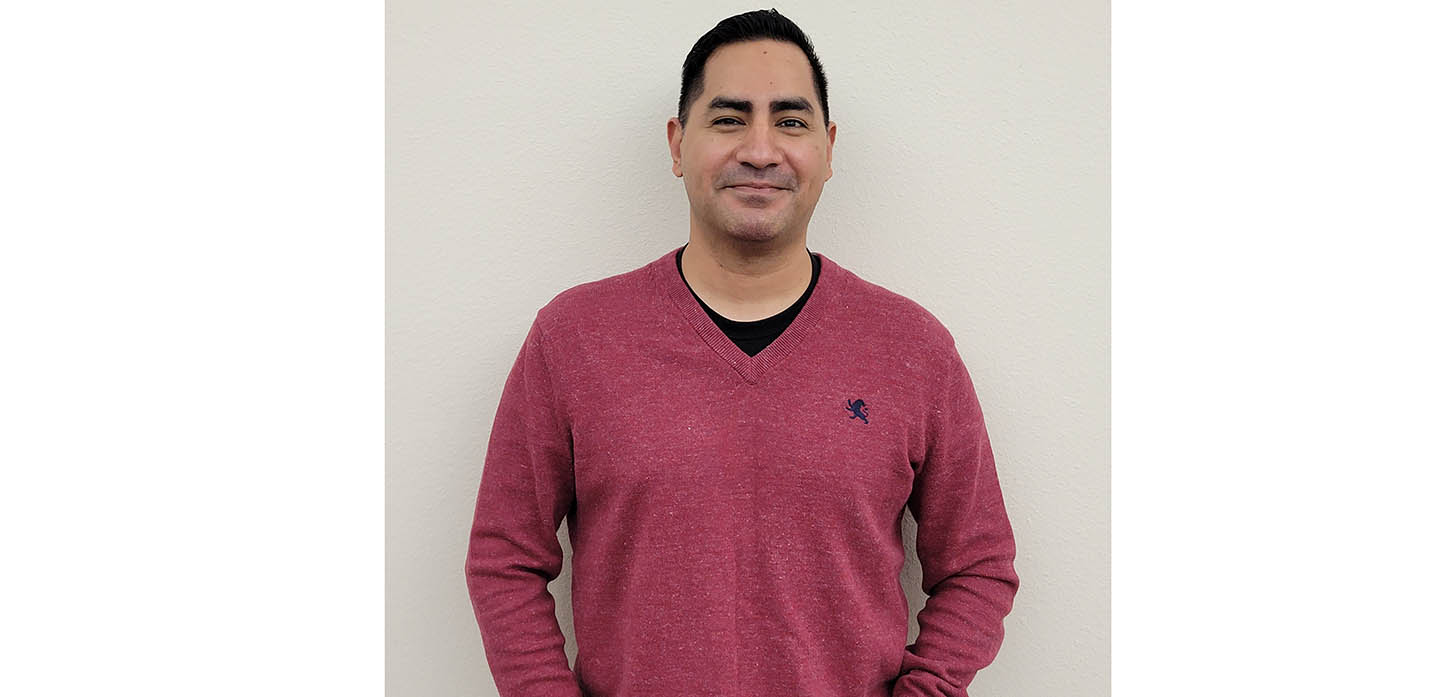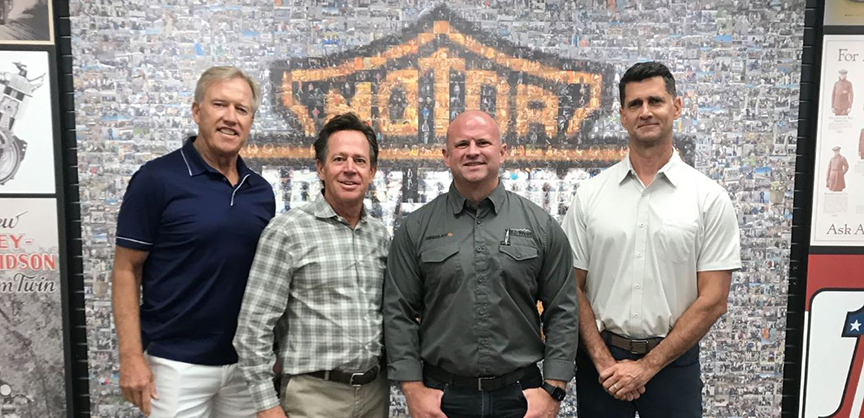Dealership staffs offer advice for COVID-19 marketing
The onset of COVID-19 has presented many curveballs throughout the industry to dealerships that throughout the year would otherwise offer business as usual; from closed showrooms, to curbside parts pickup offerings and appointment-only showings, to unexpectedly high demand met by low inventory – 2020 has been anything but normal for many.
Along with the operational changes needed to maintain margins successfully, event planning and marketing to promote growth has also changed – perhaps permanently. No longer are large groups of crowds organized loosely around the premise of a fun sales event considered appropriate, let alone commonplace, during the middle of a pandemic.
As more and more potential customers enter the industry as a result of social distancing, to separate themselves from the competition some shops have consciously began shifting strategies in an effort to keep new audiences aimed at their offerings specifically.
In the absence of physical events, many dealerships have turned to an increased use of technology in conjunction with social media as a means for promotion.
“We’ve recently turned to producing videos of doing a walk-around that really show all the details of any new product. We do these a couple times a week,” said Mandi Gardner, marketing and events director with Fay Myers Motorcycle World in Greenwood Village, Colorado. “We’ve also created promo videos about our services to offer more awareness that we will pick up your unit, fix it up and drop it back off.”
In Colorado the shop’s parts and sales departments were considered an essential business and allowed to remain open, while online sales inquiries increased dramatically during the outbreak of COVID-19. Although offered previously, same-day deliveries have also increased. “We’ve had a record-breaking year and we’ve been in business more than 75 years…” said Gardner. “Sales slowed a little at first, but then we really saw sales skyrocket along with parts. Basically all areas of the store really picked up… And all these cool videos create traction that not only helps people see inventory, but explains services and increases interest. We’ve had really good feedback.”
The videos themselves aren’t a costly endeavor – most the time they’re created by a hired hand that has worked with the shop in the past (Jason Leeper of Kreation Films). Staff and street team members are featured in all videos, making them a collaborative effort. If anything, Gardner says, when supported by ownership they can become a creative outlet for those already so inclined to multimedia.
“We’ve taken some event aspects and put them into our marketing, pushing our website and really cleaning up everything – really targeting people online since that’s where everyone is turning if they aren’t going to anything in person. We’ve focused a lot of that energy and time toward otherwise growing our presence online,” said Gardner.
To further the interest of niche and new customers, the company has produced an informative and entertaining video series focused on exotic and rare bikes, among other industry interests and trends.
“It depends on what we have new in stock, which could include anything from a campaign on side-by-sides, to e-bikes; anything that’s popular – from accessories to units,” said Gardner of the shop’s video inspirations. “We try to think outside of the box and showcase things in-store that wouldn’t typically be part of a sale. That really engages people online and gets them to follow us, and check out what we have going on. We don’t have a specific number goal [for audience reach], but we want to offer something that will grab their attention, which really sets us apart from the competition.”
According to Gardner, the online exposure has fostered a pool of leads that the shop otherwise would never have been found had the potential customer not been willing to solicit the dealership on their own – in short, everyone’s more comfortable behind the comfort of their familiar screen, when they’re in control.
“We’re reaching people that we normally wouldn’t reach or ever see coming through the door. We’re capturing several different audiences, and reaching interests – not just selling something… We’re exposing new consumers to the industry and getting them excited about we have to offer as a whole,” she said.
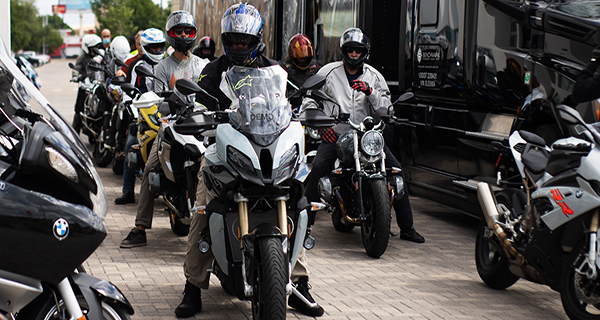
Events can still happen
The increased use of technology has oftentimes been a harbinger for new trends in any industry. Rarely organized and attended only one year ago, online and social media-based events are now all the rage today. If you haven’t had at least one Zoom meeting yet – it’s you who is the exception.
But that’s not to say all in-person events have been cancelled entirely – many have been able to proceed with caution on a case-by-case basis.
“In June we held a BMW truck demo and sold out its demo rides for both days of the event. It was a very busy event, but we were super precautious, asking everyone to wear masks and [use] sanitizer,” said Sarah McVean Brown, chief marketing officer with Freedom Powersports. If the name sounds familiar, it’s because Powersports Business spoke with founder and CEO Kevin Lackey in July about their company goals as well as expansion plans for the future after growing at a rapid pace into three different states.
After a series of cancellations, Freedom held two Kawasaki demo events in July, both in Georgia and Texas. In August, the company hosted an Indian demo event.
“Then we decided it was time to see what we could do to get customers excited again, and started planning a bike night,” said McVean Brown. In addition to its September bike night (which she says will become a monthly event after community requests), the dealership has also hosted rides for Spyder and Ryker enthusiasts at its Lewisville location. “We’ve had more engagement on Facebook then we’ve ever had with any other event… People came from five hours away because they want something to do with all the equipment they’ve been buying the last five months.”
Last July Powersports Business reported that Freedom Powersports, like many around the nation, were experiencing exceptionally strong sales during a period of time in which people were actively met with additional time-off, supplemental income and government efforts to restrict social gatherings – the perfect storm for the powersports industry, apparently.
However, since the summer most of the industry was met with inventory shortages on popular models in many segments. It’s a good problem to have, but one that poses additional headaches from McVean Brown nonetheless.
“Sales have slowed a bit, but they’re still exceeding expectations. Right now we’re feeling the same pain as every other powersports dealer in the nation – we don’t have enough inventory for the amount of people who want to buy them” she said. “Which makes for all new marketing issues, because we’re advertising for product that we don’t have. We want the lead, but how do you nurture it until they can actually become a customer?”
McVean Brown said in a normal year its fall season strategy would be focused on moving leftover in-season available inventory, but instead this year it’s shifted toward promoting accessories, due primarily to inventory.
In the new normal since COVID-19, event-planning guidelines have changed from state to state, and even county by county, when determining best practices at any moment in time.
“In Texas, Georgia and Alabama customers aren’t overly precautious, but it’s something we’re very conscious of,” said McVean Brown. At its events social distancing and the use of masks have been encouraged, but not enforced. However, a self-imposed “Freedom standard” is imposed on staff. According to McVean Brown, most community response to events they organize have been positive – although some instances of outliers have arisen.
Whether marketing or event planning, the current industry is primed for adapting to customer wants and needs. Both McVean Brown and Gardner suggest looking for new opportunities rather than trying to wait out the uncertainty of a pandemic doing the same routine.
“We’ve found we’re very capable even with a small team as long as communication is dialed-in,” said McVean Brown, who at one point led a team with multiple graphic designers and interns, but has watched her department dwindle since the onset of COVID.
“Don’t be afraid to think outside-the-box to find what will work for your shop,” said Gardner.

